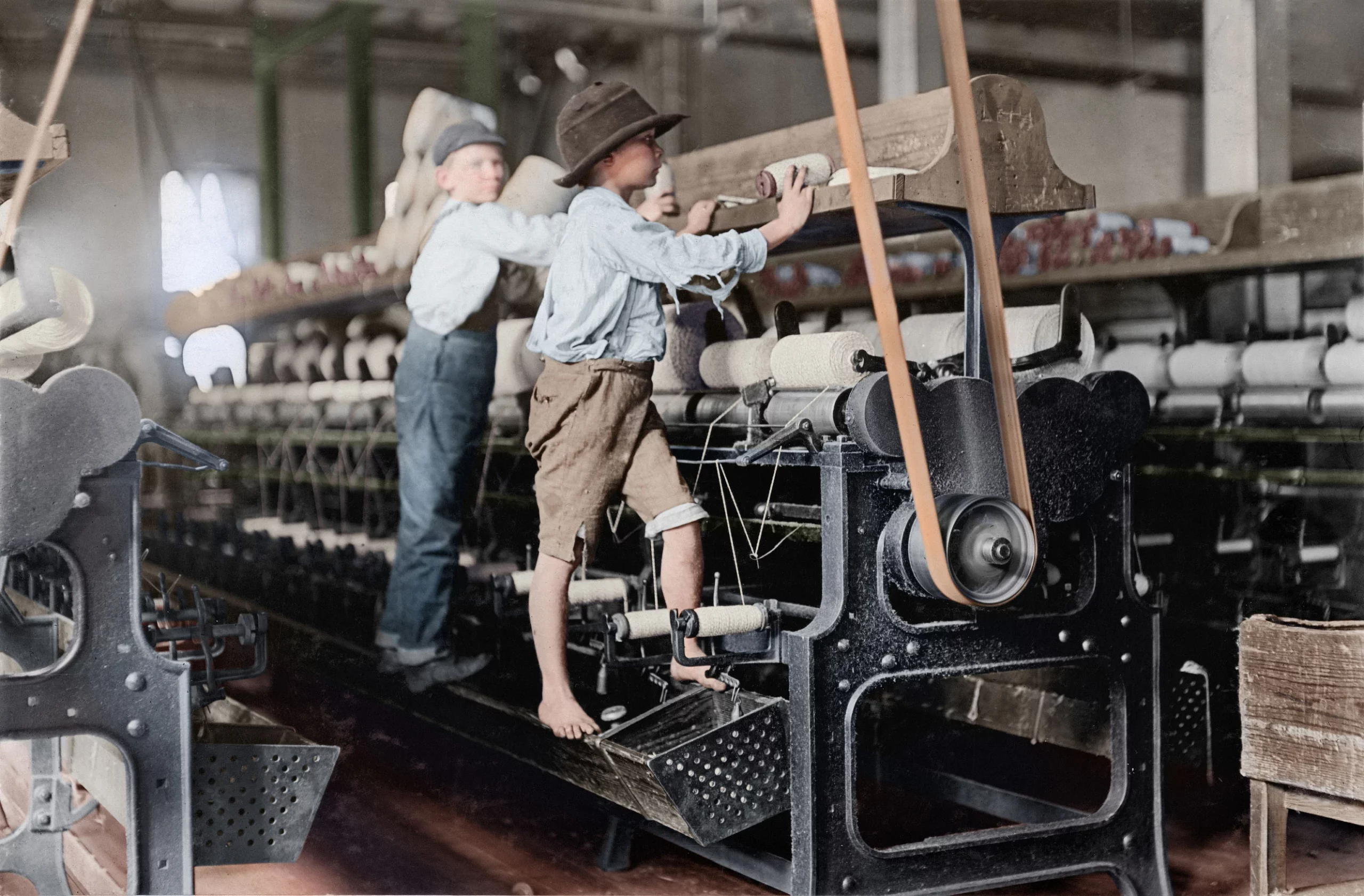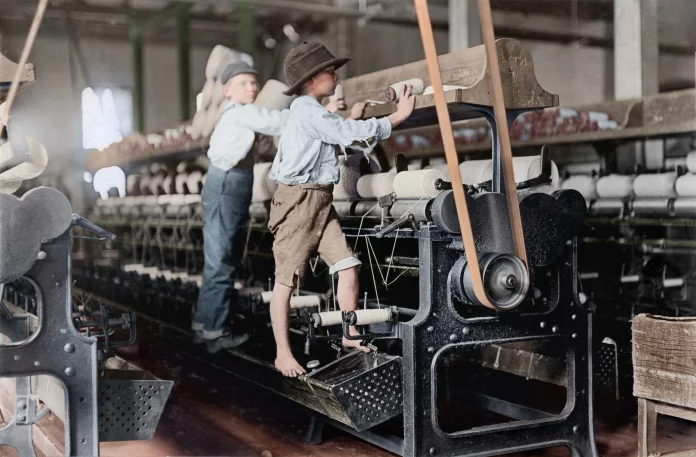 Today there is a class bias in nearly everything Liberalism does and says. Classical Liberalism had very little to say about class, it was irrelevant to it both economically and politically. It was when it became influenced by those further to the left, Socialism and Communism, that it became class conscious, with Marxism having the greatest influence.
Today there is a class bias in nearly everything Liberalism does and says. Classical Liberalism had very little to say about class, it was irrelevant to it both economically and politically. It was when it became influenced by those further to the left, Socialism and Communism, that it became class conscious, with Marxism having the greatest influence.
Many who reject Marxism move onto Liberalism, but it seems that they don’t leave all of the baggage behind. Two of the beliefs that Marxism and Liberalism now share are the ideas that there are special classes of victims and that there is a secret hierarchy.
The idea of the secret hierarchy is that there is an “official” hierarchy that everyone can see and then there exists the secret hierarchy, a hierarchy of built in privilege. For example, White people are privileged over all other people, men are privileged over women. The secret hierarchy doesn’t pay any attention to the poorest White man, nor to the average White man. It ignores numbers, history and behaviour. It doesn’t care that when most of the people are White most of the positions of power will be held by Whites. It doesn’t care that most of those who earned a wage were men, who then provided for their wife. What they saw was the privilege, not the reality which was that these things brought with them obligations. Like seeing that your neighbour has a new car and assuming he must have obtained it by criminal means, it’s the privilege of his having a new car that you see, not the reality of how he paid for or obtained the car.
The secret hierarchy helps to decide who is a special class victim. This is important as it puts everyone into their place, allowing Liberalism to decide who will be supported and who it is safe to ignore. The hierarchy changes as society and circumstances change. But its general thrust is that not everyone is privileged and it is these groups who need Liberalism’s assistance to break free. Conversely the privileged groups need to be exposed and in time have their power and privilege taken from them and given to those who do not have it. Classical Liberalism didn’t believe any of this but Classical Liberalism is dead. Its place has been taken by a Liberalism that has been influenced by generations of Marxists and Socialists. It is from here that the class bias of Liberalism comes.
Marxism placed the working class at the top of its promised hierarchy and that was to come at the expense of the power and privilege of all the other social classes. Both official and unofficial. But in the Western world something happened on the way to world revolution and that was the Cold War. During the 1950’s Communist theorists realised that the working class was patriotic, it supported its own nation against other nations. It happened during two world wars, which most Communist theorists put down to ignorance or coercion. But by the 1950’s it was hard to think the working class was ignorant and slowly it dawned on them that the working class didn’t really want Communism. The entire rational of Communism was to save the working class and the working class didn’t want to be saved.
In the West the high water mark of Communism was the 1940’s and slowly over the next 50 years Communism faded in strength and purpose. But many of those who were attracted to Communism kept the idea of why they joined and continued to support causes on the broad Left. Wittingly and unwittingly they pushed ideas and influences from their Communist past, including the idea of the secret hierarchy of privilege and under privilege. Ironically when they were in Communist parties they were controlled and disciplined, the party enforced its rule, but once they left or were expelled that restraint was gone. The ideas could roam free and influence people who had never considered Communism and it often came from someone who had rejected Communism.
The 1960’s saw the working class pushed off its pedestal, Communism still put it there, but other Leftists, including Liberals saw that as old fashioned. The working class was seen as reactionary, it didn’t support immigration, civil rights, the anti-war movement, it wasn’t even anti-capitalist. But it did support its own military and the police. The working class was once again on the wrong side of history. Slowly but surely the tide turned against the working class in favour of “newer” groups, indigenous peoples, minorities, women and homosexuals.
The “new” groups, some of whom were old when Moses was a boy, gained support and in theory influence and power. In reality it was often their supporters who gained the power. It was the supporters who made and influenced the law, it felt good and it seemed as if giving these groups things was free. The West was rich, it could afford to pay, economics was for boring men in suits, but it would become respectable when women and minorities wore the suits.
The idea that giving something to one group was taking something away from another group was explicitly understood by Communists, in one way it was the entire point of Communism. But Liberals did not understand that, nor did they accept it. They believed that people love freedom more than anything, even more than their family or their livelihood or even their security. By supporting the “new” groups instead of the working class they weren’t taking away, they were setting everyone free. Doing everyone a great service.
So every social and economic failure that we have witnessed, Liberalism is genuinely confused by. Until they remember the secret hierarchy and then it all falls into place. It’s not their policies that create ghettos, it’s the fault of privilege. It’s not their policies that are spreading poverty, it’s the fault of privilege. On the other hand Divorce isn’t a social catastrophe, no it’s a freedom for which not enough people thank them. People being single and lonely for year after year isn’t a social catastrophe, no it’s a freedom for which not enough people thank them.
Liberalism has made the secret hierarchy its own, it has forgotten its Communist heritage. But its mad belief that it can build utopia on Earth is still here and still causing all the same old problems.
Originally published at Upon Hope on 23 September, 2013. You can find Mark’s Subscribestar here.










